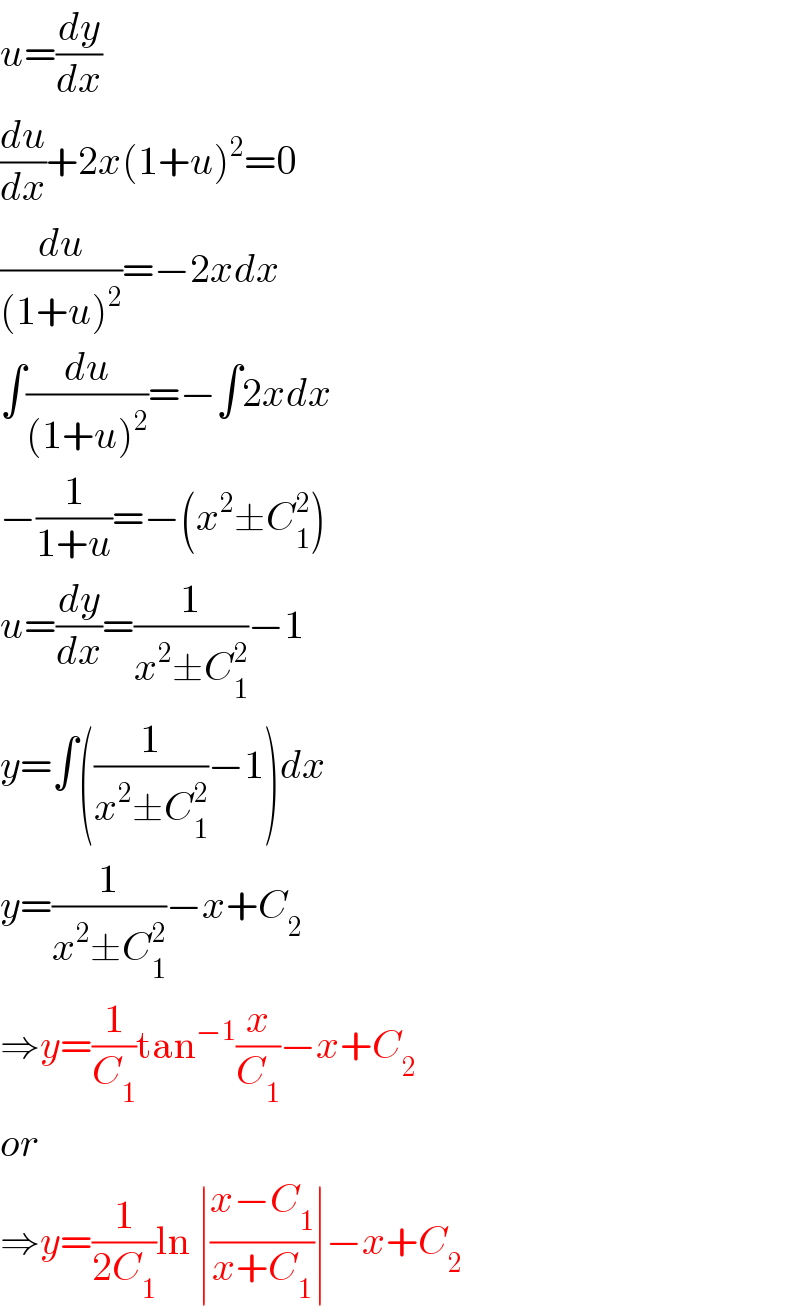
Question and Answers Forum
Question Number 92115 by mhmd last updated on 04/May/20

Answered by mr W last updated on 05/May/20

| ||
Question and Answers Forum | ||
Question Number 92115 by mhmd last updated on 04/May/20 | ||
 | ||
Answered by mr W last updated on 05/May/20 | ||
 | ||
| ||